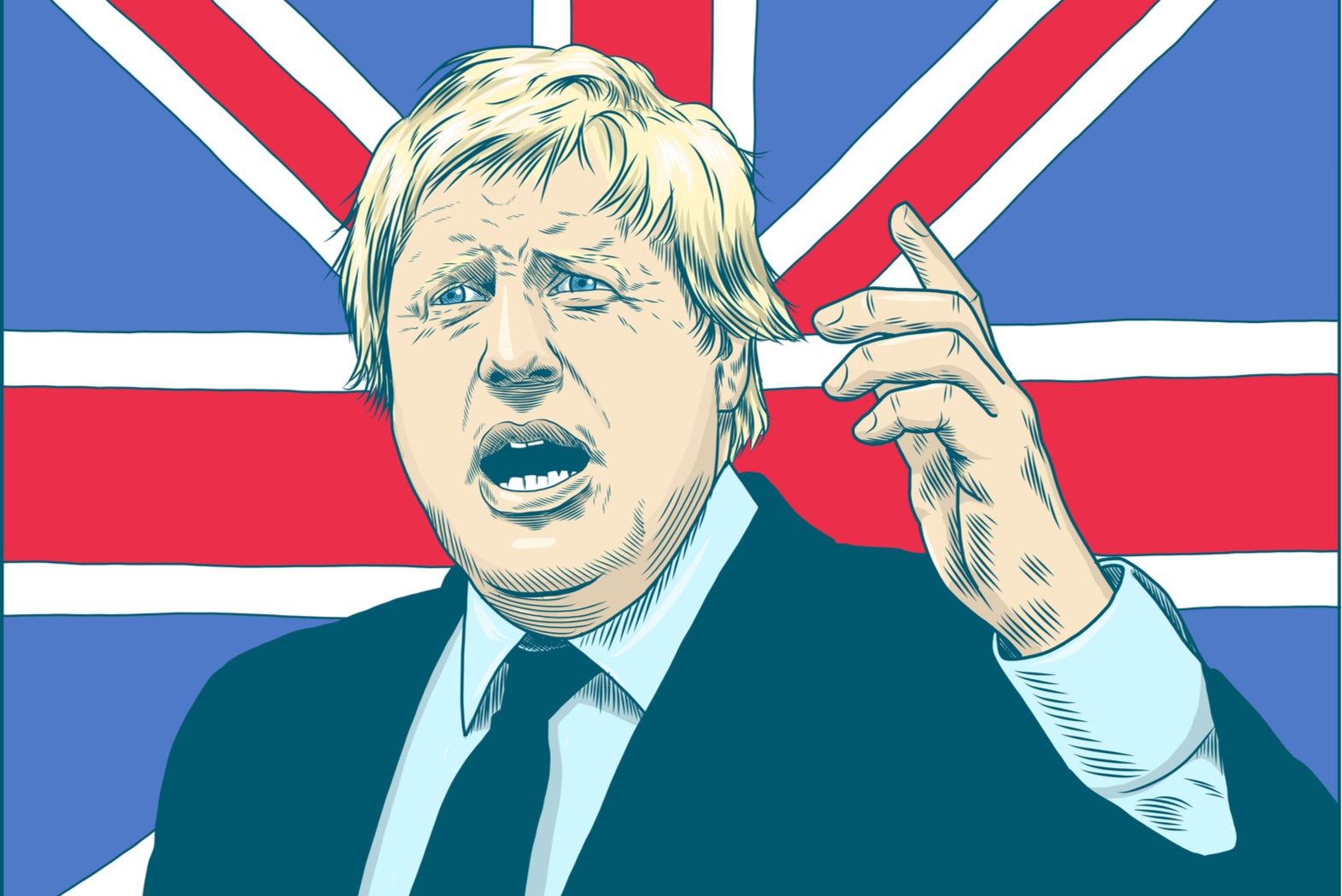Ebooks should benefit as the UK government’s Treasury has announced that, starting 1 May, it is dropping its value added tax (VAT) on digital publications. The 20% tax was initially due to be dropped later in December, to support reading and literacy.
However, it was introduced earlier because of the coronavirus pandemic, as it aims to make ebooks and newspapers more accessible to those staying at home.
Ebook consumption has increased amid lockdown.
According to the government announcement, publishers in UK are currently reporting an average ebook reading increase of around one third during the pandemic, while some report an increase in consumption as high as a 50%. This data aligns with other news about readers around the world reading more and for longer during coronavirus lockdown.
Dropping the VAT and making ebooks immediately cheaper will ease the financial burden for readers, while helping publishers sell more without discounting their own cut of the revenue. The price drop will also affect e-newspapers, although it is unclear whether their publishers will pass the price drop on to consumers. E-newspaper subscriptions could come down by £25 a year.
However, News UK, which offers digital subscriptions for The Times among other titles, said their prices would initially stay the same. Jim Waterson, media editor at the Guardian newspaper, estimated the move could benefit News UK by £20m, if it kept the cost to consumers the same rather than passing on the saving to subscribers.
Newspapers will also receive £35m in additional government advertising revenue as part of the coronavirus response. The funds will be split between local, regional and national print media.
How well do you really know your competitors?
Access the most comprehensive Company Profiles on the market, powered by GlobalData. Save hours of research. Gain competitive edge.

Thank you!
Your download email will arrive shortly
Not ready to buy yet? Download a free sample
We are confident about the unique quality of our Company Profiles. However, we want you to make the most beneficial decision for your business, so we offer a free sample that you can download by submitting the below form
By GlobalDataAbolition of digital reading tax could turn the tide for the struggling publishing industry
The disappearance of the VAT is a rare bit of good news for the publishing industry, which has long argued that the tax imposed an unfair restriction on digital formats that was not imposed on physical ones.
Since the tax was introduced in 1973, printed books have been exempt from VAT over their educational benefit. However, with the rise of digital publications and ebooks this tax exemption was effectively lost for publishers and consumers since the tax break only applied to print.
In October 2018, the EU allowed member states drop sales taxes on electronic publications and many countries have already made the changes. A letter calling for the tax to be axed in the UK was signed by more than 600 authors and presented to Parliament in October 2019.
A 2018 report by the Publishers’ Association estimated universities, libraries, government departments and the NHS would save up to £55m a year as a result of ditching VAT on digital publications.






